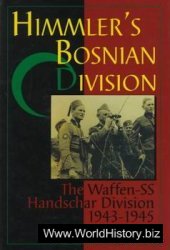Spanish anarcho-syndicalist movement, founded in 1910 at Barcelona. it was designed to rival the Union General de Trabajadores which had close links with the spanish socialist Party, though relations improved in 1917 when both trade union movements collaborated in a general strike. Bringing together the disparate strands ofspanish ANARCHISM, the CNT was distinctive from other unions in welcoming untrained workers and peasants and in being highly decentralized. With some 700,000 members, it joined the anarchist international Working Men’s Organization in 1922, only to be banned a year later when Miguel PRIMO DE RIVERA came to power. Forced underground, militant elements founded the Fed-eracion Anarquista Iberica in 1927. Though repression continued under the second republic (1931-6), the CNT was eventually legalized by the POPULAR FRONT. The organization continued to have qualms about participating in bourgeois government, but sided with the Republicans upon the outbreak of the Spanish civil war. Its cabinet representatives were soon marginalized by communist and other left-wing groupings, who combined to crush the CNT’s Barcelona rising of 1937. Two years later the victorious Nationalists banned the Confederation, though some elements continued to operate in secret. After the restoration of democracy in 1975, a much weakened CNT was divided about how to respond to the new circumstances and played only a minor role in labor politics. (See also trade unionism; socialism; syndicalism)




 World History
World History









